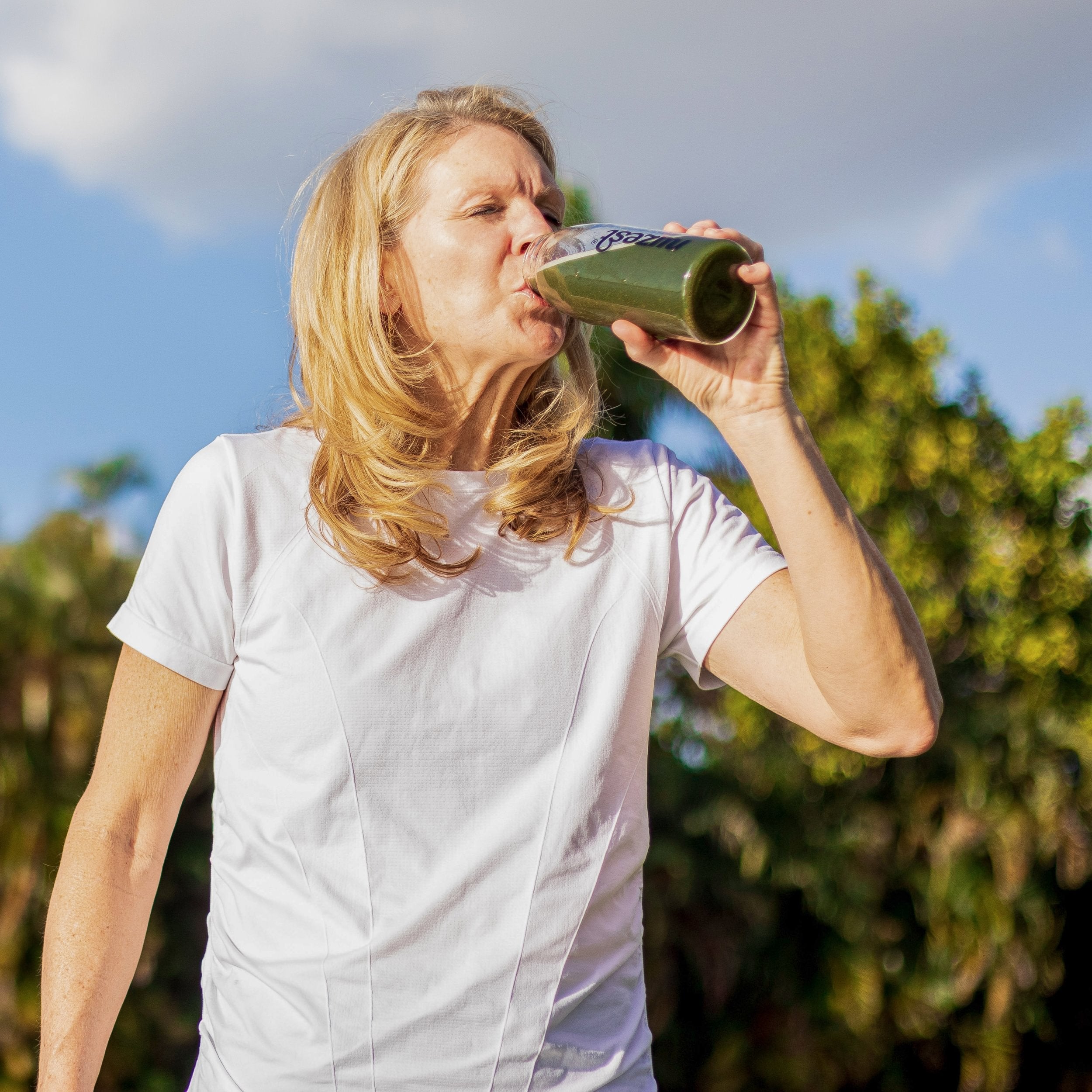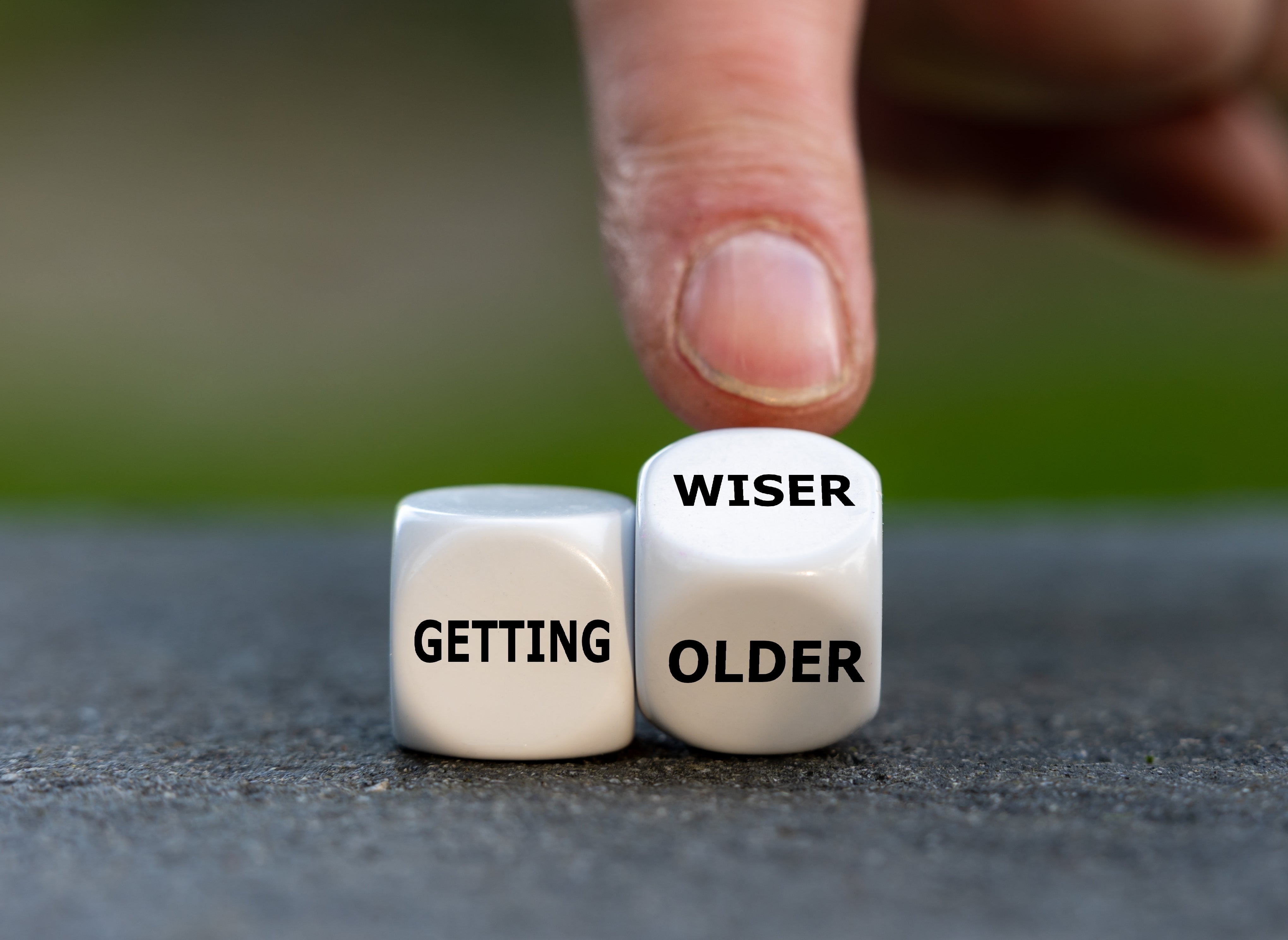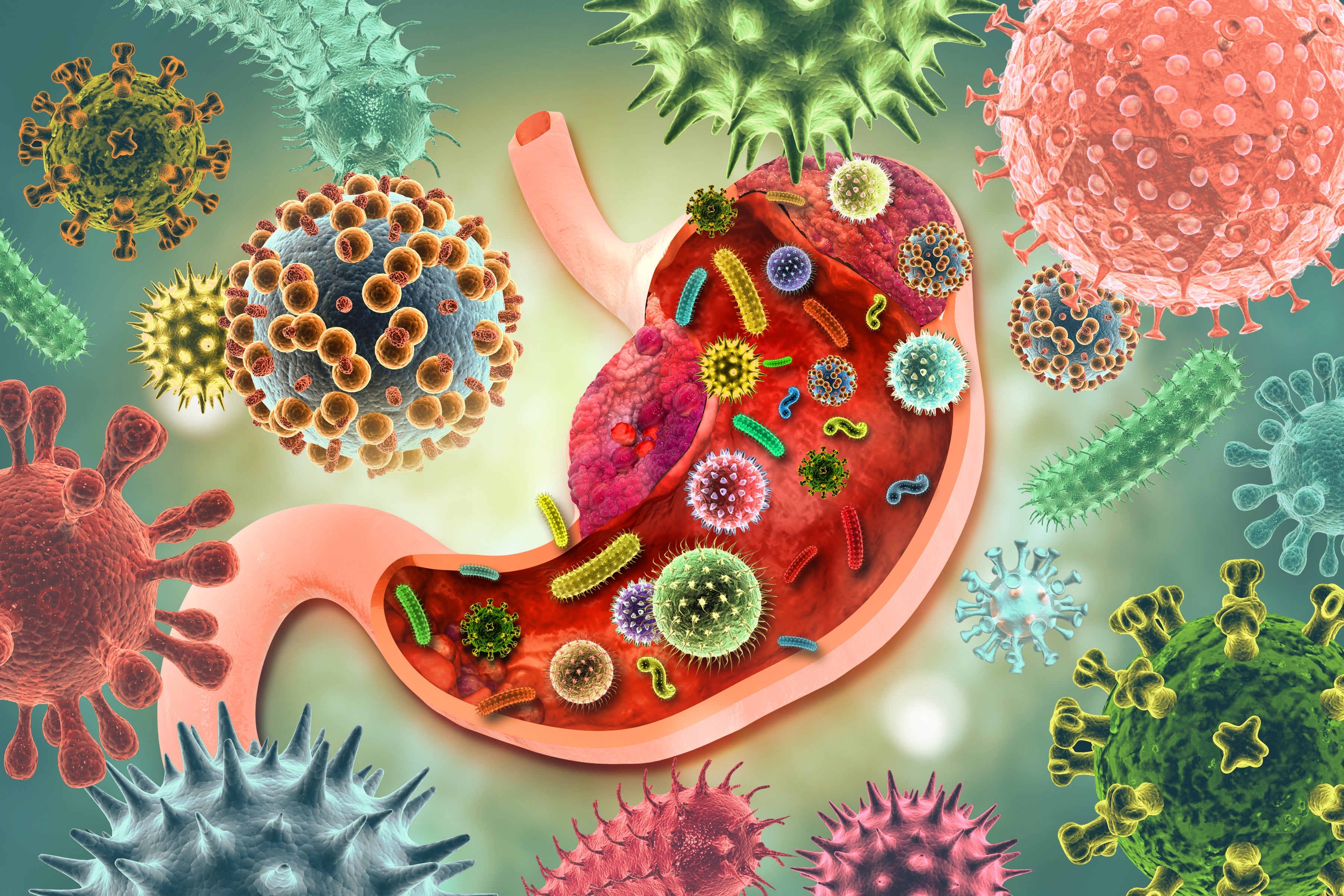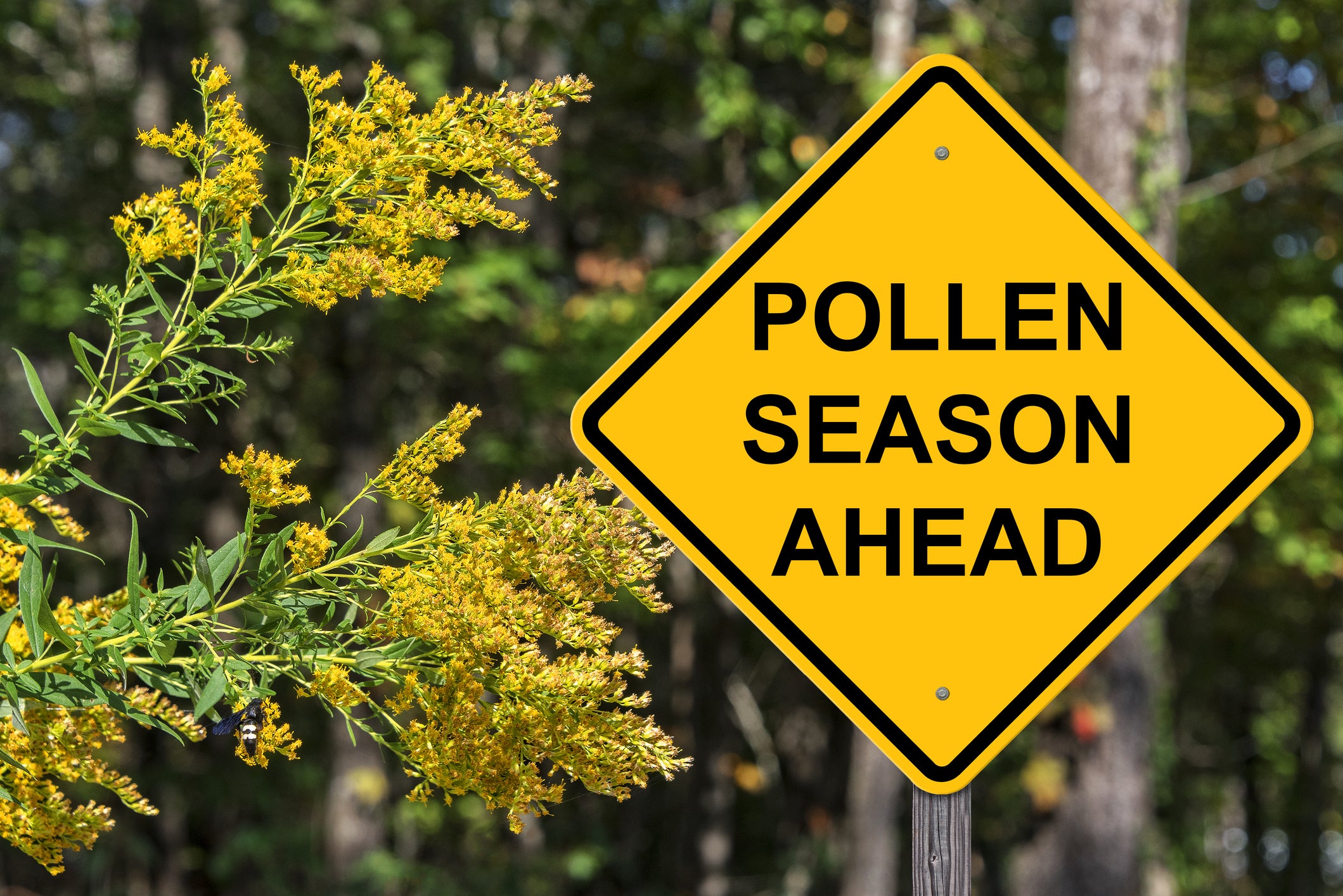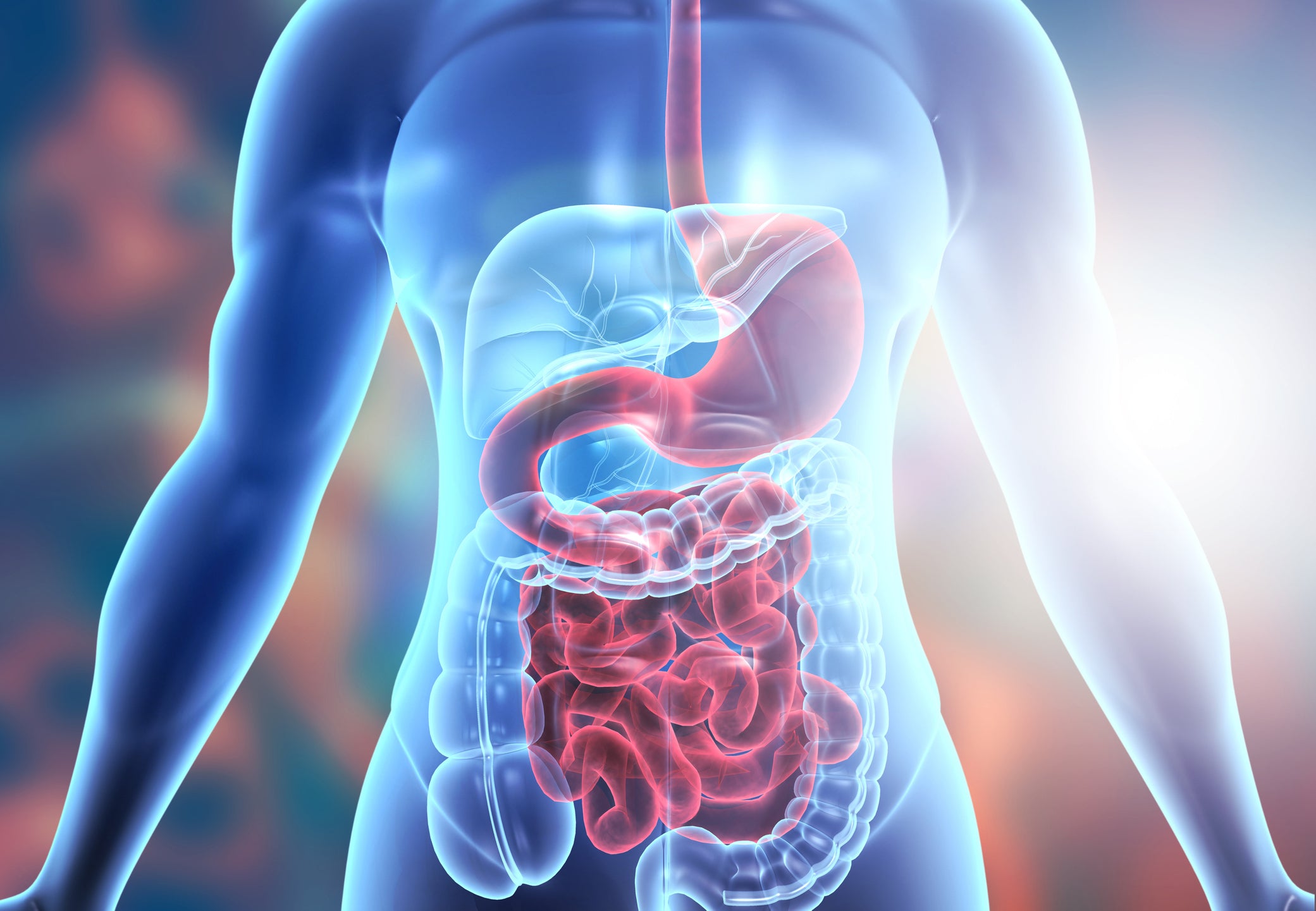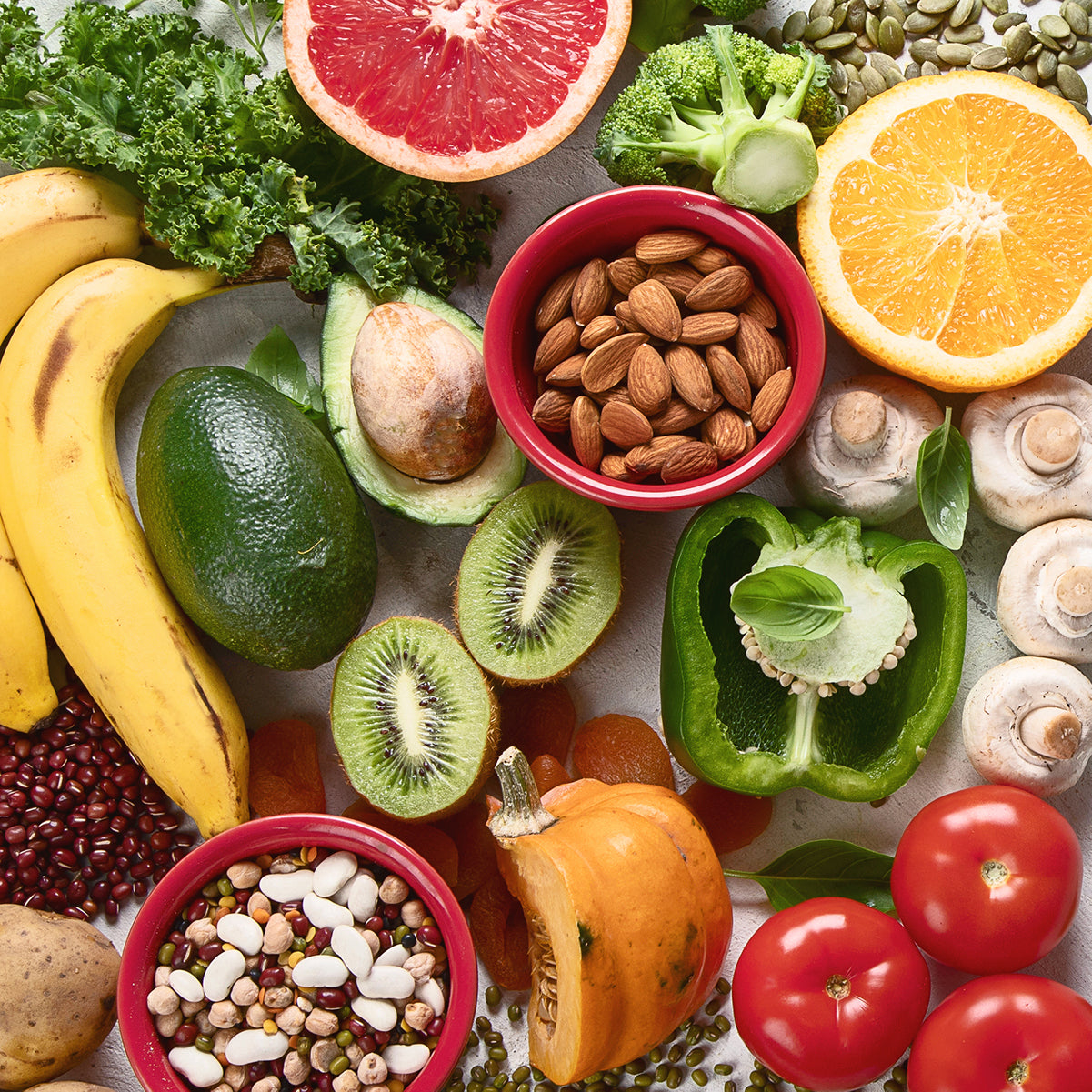Author: Megan Jones (Adv.Dip.NutMed, BHsc.NutMed)
With fatigue being the main reason for nearly 20% of all primary healthcare consultations1, we take a deep dive into both fatigue and burnout, and the driving forces behind energy depletion. We'll explore the importance of good nutrition and supportive lifestyle modifications when it comes to mitigating fatigue and burnout, and how daily supplements like Nuzest's Good Green Vitality can help support energy and vitality, naturally.
Key takeaways:
- Fatigue is a common symptom of many medical conditions and experienced by nearly half of the US population alone.[5]
- Consistently eating a diet of highly nutrient-dense foods can help to mitigate burnout and fatigue.[7]
- "Exhaustive fatigue" is a major symptom of burnout which can negatively impact many areas of life.[9]
- Over 2 billion people worldwide experience vitamin and mineral deficiencies and could benefit from high-quality supplementation to fill nutritional gaps.[27]
A highly bioavailable multi-nutrient formula can reduce perceived stress, improve sleep and improve memory and cognition.28 Check out Good Green Vitality.
What is fatigue?
Fatigue is a common symptom many of us know all too well. Reported in both clinical and social settings, fatigue is defined as a “daily lack of energy”[2], often coupled with periods of little to no motivation.[3] Experiencing a whole week of feeling more tired than usual is sadly not out of the ordinary. [4][5]
In fact, the prevalence of fatigue has been reported by up to 45% of the general population in the US alone.[6]
What causes fatigue?
For one person, the cause of fatigue might be social, where one too many social gatherings on back-to-back weekends has led to emotional depletion, or the cause may be physical such as muscular fatigue due to too many HIIT classes without a break. For the next person, it may be related to their overwhelming mental load, or even to illness, where post-viral fatigue syndrome leaves patients with profound fatigue for at least 6 months after contracting the virus.[7]
Since we tend to lower our intake of fruits, vegetables, and unprocessed foods when we are burnt out, dietary strategies to mitigate burnout and fatigue include following a healthy pattern of eating[8], focusing on fresh and whole foods that are high in nutritional density and support the body's natural energy production. For many, nutritional deficiencies in iron, folate, vitamin B12, or even magnesium are what can cause the energy depletion and fatigue.[9]
What does fatigue feel like?
Fatigue can manifest in many ways. It can present as low mood, difficulty concentrating, or stopping and starting the same task over and over. It can even be reaching for a coffee for that quick jolt of energy, only to crash and burn afterwards, and needing another to perk back up.
However, if you find yourself wanting to sleep all the time or find that even the simple tasks take longer to complete, and when the ability to meet the demands of life and/or work is compromised, fatigue can become "exhaustive fatigue"; a major symptom of burnout which can affect all areas of life.[10]
When does fatigue become burnout?
After living through a global pandemic, we all know that the concept of work, workplace and the workforce has changed dramatically[11]. For many of us, these changes and challenges have left little time for self-care and good nutrition practices, with the juggle between work and personal responsibilities leaving us depleted both emotionally and physically.[12] Sadly, a new level of exhaustion is currently being experienced by much of the population.[13] In fact, burnout has become so prevalent in the workplace, The World Health Organization recently updated its definition of "burnout" to "a syndrome conceptualized as resulting from chronic workplace stress that has not been successfully managed."[14]
How can nutrition affect burnout?
Burnout is not only associated with chronic or unmanaged stress in the workplace, but also, as with fatigue, nutritional deficiencies and unhealthy eating habits that include high consumption of processed or fast foods, uncontrolled eating behaviors, and overconsumption of foods.[15]
These uncontrolled eating behaviors include being too rushed in the morning to eat breakfast, too busy to eat a nourishing meal, and unable to find the time to sit down and eat mindfully, with the perception that healthy eating takes too long.[16] [17]
Burnout has also been associated with the development of chronic lifestyle conditions, such as insulin resistance, type 2 diabetes, and cardiovascular disease.[18]
Diet is arguably the single most important behavioral factor that can be improved to have a significant impact on health, and is linked with an improvement in:
- Nutritional status
- Stress management
- Sleep quality
- Mental focus and concentration
- Mental health
- Energy levels [19]
Research from Australia's Edith Cowan University found people who ate at least 470g of fruits and vegetables a day had 10 percent lower stress levels than men and women who ate less than 2 pieces of fruit per day,[20] with stress being a core predictor to burnout[21]; while alarmingly, further research reveals that 50 percent of Australians don't eat these recommended two pieces of fruit each day, and 90 percent fail to eat five serves of vegetables daily.[22] On a global scale, WHO has reported that vitamin and mineral deficiencies, also known as hidden hunger, affect more than 2 billion people. A hidden problem on a huge scale! [27]
Even with the best intentions and trying to adhere to our government dietary guidelines, our modern-day diets are still lacking the nutrition-density they once would have had. The declining nutritional content of crops due to the poor quality and degraded soils now fail to provide us with the nutrition we require to optimize our health and successfully manage stress adaptation.[23]
This is where a good quality, highly bioavailable multi-nutrient formula can help! Evidence suggests multi-nutrients can reduce perceived stress, improve sleep, and support memory and cognition.
3 top nutrients to help with burnout and fatigue:
1. B vitalmins
Research shows that B vitamins can significantly benefit mood and reduce our body's physiological response to stress. B vitamins play essential roles in the complex biochemical processes that break glucose into ATP, releasing energy from the food we eat.[24] You'll find B vitamins in foods such as peas, nuts, leafy greens, whole grains, and liver.
2. Magnesium
Magnesium is required by the body for the production of energy. If the body has inadequate access to magnesium, then energy production suffers, leaving us prone to fatigue.25 Rich sources of magnesium also include whole grains and dark, leafy greens, as well as pumpkin seeds, fatty fish, and the ever-popular dark chocolate!
3. Ashwagandha
This multi-purpose adaptogenic herb has been studied extensively and indicated to effectively eradicate fatigue.26 Other related key benefits include supporting reduced anxiety, reduced stress, improved physical and mental performance.
For foundational nutritional support, Nuzest has you covered with Good Green Vitality (GGV) - a delicious multi-nutrient superfood blend. With over 70 active ingredients, the formulation includes key nutrients that can help to support fatigue and burnout - B vitamins, magnesium, and Ashwagandha. Our carefully crafted formula is based on:
- Regulatory guidelines
- Safety considerations
- Efficacy
- Bioavailability
- Evidence of widespread deficiency in the general population.
This means that the body’s absorption process is not hindered by cheaper forms of nutrients and each ingredient is specifically chosen for the benefits it provides to all 11 body systems, supporting overall vitality, immunity, and enhanced daily functioning. Designed as a daily supplement to help fill key nutritional gaps, Good Green Vitality is the nutritional insurance that can help to support a healthy balanced diet.
References:
- Maisel, P., Baum, E., & Donner-Banzhoff, N. (2021). Fatigue as the Chief Complaint–Epidemiology, Causes, Diagnosis, and Treatment. Deutsches Arzteblatt international, 118(33-34), 566–576. https://doi.org/10.3238/arztebl.m2021.0192
- Loy, B. D., Cameron, M. H., & O'Connor, P. J. (2018). Perceived fatigue and energy are independent unipolar states: Supporting evidence. Medical hypotheses, 113, 46–51. https://doi.org/10.1016/j.mehy.2018.02.014
- Herlambang, M. B., Cnossen, F., & Taatgen, N. A. (2021). The effects of intrinsic motivation on mental fatigue. PloS one, 16(1), e0243754. https://doi.org/10.1371/journal.pone.0243754
- When should you worry about fatigue? [Internet]. Harvard Health. 2019 [cited 2023 Mar 29]. Available from: https://www.health.harvard.edu/staying-healthy/when-should-you-worry-about-fatigue
- Better Health Channel. Fatigue [Internet]. Vic.gov.au. 2012. Available from: https://www.betterhealth.vic.gov.au/health/conditionsandtreatments/fatigue
- Junghaenel, D. U., Christodoulou, C., Lai, J. S., & Stone, A. A. (2011). Demographic correlates of fatigue in the US general population: results from the patient-reported outcomes measurement information system (PROMIS) initiative. Journal of psychosomatic research, 71(3), 117–123. https://doi.org/10.1016/j.jpsychores.2011.04.007
- Araja, D., Berkis, U., Lunga, A., & Murovska, M. (2021). Shadow Burden of Undiagnosed Myalgic Encephalomyelitis/Chronic Fatigue Syndrome (ME/CFS) on Society: Retrospective and Prospective-In Light of COVID-19. Journal of clinical medicine, 10(14), 3017. https://doi.org/10.3390/jcm10143017
- Gonzalez, M. J., & Miranda-Massari, J. R. (2014). Diet and stress. The Psychiatric clinics of North America, 37(4), 579–589. https://doi.org/10.1016/j.psc.2014.08.004
- Tardy, A. L., Pouteau, E., Marquez, D., Yilmaz, C., & Scholey, A. (2020). Vitamins and Minerals for Energy, Fatigue and Cognition: A Narrative Review of the Biochemical and Clinical Evidence. Nutrients, 12(1), 228. https://doi.org/10.3390/nu12010228
- Nina J Nevanperä, Leila Hopsu, Eeva Kuosma, Olavi Ukkola, Jukka Uitti, Jaana H Laitinen, Occupational burnout, eating behavior, and weight among working women, The American Journal of Clinical Nutrition, Volume 95, Issue 4, April 2012, Pages 934–943, https://doi.org/10.3945/ajcn.111.014191
- Al-Habaibeh A, Watkins M, Waried K, Javareshk MB. Challenges and opportunities of remotely working from home during Covid-19 pandemic. Global Transitions [Internet]. 2021 Nov;3:99–108. Available from: https://www.sciencedirect.com/science/article/pii/S2589791821000165
- Platts K, Breckon J, Marshall E. Enforced home-working under lockdown and its impact on employee wellbeing: a cross-sectional study. BMC Public Health [Internet]. 2022 Jan 29;22(1). Available from: https://bmcpublichealth.biomedcentral.com/articles/10.1186/s12889-022-12630-1
- Broddadóttir E, Flóvenz SÓ, Gylfason HF, Þormar Þ, Einarsson H, Salkovskis P, et al. “I’m So Tired”: Fatigue as a Persistent Physical Symptom among Working People Experiencing Exhaustion Disorder. International Journal of Environmental Research and Public Health. 2021 Aug 16;18(16):8657.
- World Health Organization. Burn-out an “occupational phenomenon”: International Classification of Diseases [Internet]. World Health Organization. 2019. Available from: https://www.who.int/news/item/28-05-2019-burn-out-an-occupational-phenomenon-international-classification-of-diseases
- Esquivel MK. Nutrition Strategies for Reducing Risk of Burnout among Physicians and Health Care Professionals. American Journal of Lifestyle Medicine. 2020 Dec 2;15(2):155982762097653.
- Escoto KH, Laska MN, Larson N, Neumark-Sztainer D, Hannan PJ. Work Hours and Perceived Time Barriers to Healthful Eating Among Young Adults. American Journal of Health Behavior [Internet]. 2012 Nov 1 [cited 2019 Sep 19];36(6):786–96. Available from: https://www.ncbi.nlm.nih.gov/pmc/articles/PMC3464955/
- Ward E. Addressing nutritional gaps with multivitamin and mineral supplements. Nutrition Journal [Internet]. 2014 Jul 15 [cited 2019 Mar 24];13(1). Available from: https://www.ncbi.nlm.nih.gov/pmc/articles/PMC4109789/
- Esquivel MK. Nutrition Strategies for Reducing Risk of Burnout among Physicians and Health Care Professionals. American Journal of Lifestyle Medicine. 2020 Dec 2;15(2):155982762097653.
- Queensland Government. Good mood food – how food influences mental wellbeing [Internet]. www.health.qld.gov.au. 2019. Available from: https://www.health.qld.gov.au/news-events/news/good-mood-food-how-food-influences-mental-wellbeing-anxiety-depression-stress
- Edith Cowan University P. Eating more fruit and vegetables linked to less stress – study [Internet]. ECU. 2021. Available from: https://www.ecu.edu.au/newsroom/articles/research/eating-more-fruit-and-vegetables-linked-to-less-stress-study
- Peiró JM, González-Romá V, Tordera N, Mañas MA. Does role stress predict burnout over time among health care professionals? Psychology & Health. 2001 Sep;16(5):511–25
- Australian Institute of Health and Welfare. Poor diet, Poor diet in adults - Australian Institute of Health and Welfare [Internet]. Australian Institute of Health and Welfare. 2019. Available from: https://www.aihw.gov.au/reports/food-nutrition/poor-diet/contents/poor-diet-in-adults
- Carrington D. World’s soils “under great pressure”, says UN pollution report [Internet]. the Guardian. 2021. Available from: https://www.theguardian.com/environment/2021/jun/04/soils-great-pressure-un-pollution-report-food-farming-mining
- Contributors WE. Health Benefits of B Complex [Internet]. WebMD. [cited 2023 Mar 29]. Available from: https://www.webmd.com/diet/health-benefits-b-complex#:~:text=Research%20shows%20that%20the%20B
- Always Feel Fatigued? You Might Be Lacking In This Critical Mineral [Internet]. mindbodygreen. 2023 [cited 2023 Mar 29]. Available from: https://www.mindbodygreen.com/articles/why-magnesium-deficiency-could-be-behind-your-constant-fatigue
- Salve J, Pate S, Debnath K, Langade D. Adaptogenic and Anxiolytic Effects of Ashwagandha Root Extract in Healthy Adults: A Double-blind, Randomized, Placebo-controlled Clinical Study. Cureus [Internet]. 2019 Dec 25;11(12). Available from: https://www.ncbi.nlm.nih.gov/pmc/articles/PMC6979308/
- Lowe N. M. (2021). The global challenge of hidden hunger: perspectives from the field. The Proceedings of the Nutrition Society, 80(3), 283–289. https://doi.org/10.1017/S0029665121000902
- Tardy, A. L., Pouteau, E., Marquez, D., Yilmaz, C., & Scholey, A. (2020). Vitamins and Minerals for Energy, Fatigue and Cognition: A Narrative Review of the Biochemical and Clinical Evidence. Nutrients, 12(1), 228. https://doi.org/10.3390/nu12010228


